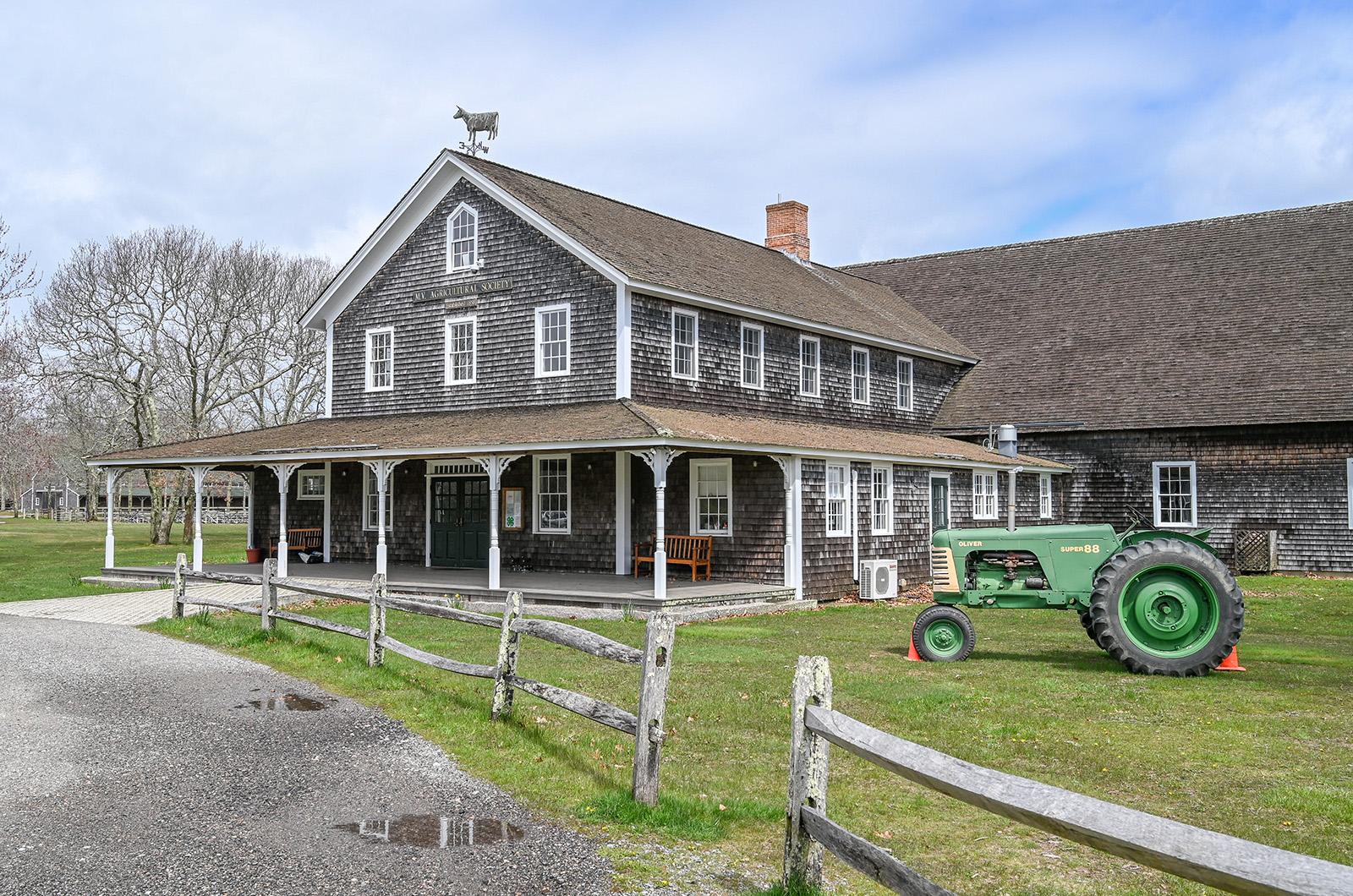State legislators and farm advocates gathered at the second annual meeting of the Martha’s Vineyard Farm Bureau Monday to voice their agricultural concerns and hear about current farm-focused initiatives at the statehouse.
A national lobbying organization, the American Farm Bureau Federation is composed of local chapter organizations each which communicate their priorities to their respective state bureau. The Island’s chapter, founded in 2020, was the first local bureau to be created in the last 40 years. Meeting at the Agricultural Hall Monday morning, the farmers heard about two of the statewide bureau's top priorities: the harmful chemicals known as PFAS and labor laws.
“Agriculture is in the air at the statehouse,” said Karen Schwalbe, executive director of the Massachusetts Farm Bureau Federation. Ms. Schwalbe spoke on a panel with state Sen. Julian Cyr, state Rep. Dylan Fernandes and Martha’s Vineyard Farm Bureau president Dan Martino.
The state bureau plans to support a bill which looks to study the levels of PFAS found in agricultural products grown in the state. In that process, the bureau hopes to incorporate lessons learned from a 2019 regulation passed in Maine.
“It had significant negative implications for farmers,” said Mr. Cyr of the Maine law, which required testing for PFAS in food. Many farms, he explained, had previously used processed wastewater sludge as fertilizer. The practice led to contamination on dairy farms and required some herds to be slaughtered after their milk was found to be contaminated.
“We need to figure out what happens when we find PFAS in an agricultural environment,” Mr. Cyr said.
Ms. Schwalbe also said the bureau is opposing a bill that would change agricultural labor laws. Currently, farms in the state are not obligated to pay overtime, but some legislators are aiming to institute overtime pay after 55 hours of work a week.
“We are worried about farmers going out of business,” she said. She felt the regulation would make Massachusetts farmers uncompetitive against supermarkets and other state industries.
Another concerns that came up was the difficulty in accessing slaughterhouses for Island farmers. Islanders have to send their animals off-Island to be slaughtered, making it a costly and time-consuming process.
“We’ve been doing a lot of work on slaughtering options,” said Mr. Cyr, a former employee of the state Department of Public Health with a special interest in the topic.
The state’s current budget has $150,000 set aside to explore the issue of livestock in isolated communities and Mr. Cyr said he would explore transport subsidies for Island livestock farmers.
Mr. Fernandes added that Islanders themselves could act on several of their concerns at the municipal level, including enacting protections for agritourism, securing certain aquaculture funding sources and creating farm-friendly zoning bylaws.
For instance, he said a “right-to-farm” bylaw could easily be passed as an amendment to town zoning.
“There’s all of these things you already have the power to do,” he said. “Get together as an existing group…come up with a farm agenda locally, and then start working at the local level.”
A full list of Farm Bureau legislative priorities can be found on the Massachusetts Farm Bureau Federation website.







Comments
Comment policy »